Congratulations! Your students are finally learning about multiplication and everyone is excited. 🙌
After a while, you notice that multiplication drills alone aren't going to be enough. They need to see this content in a different way.
Use these ideas for multiplication games that help build fact fluency while having some fun instead of simply memorizing times tables.
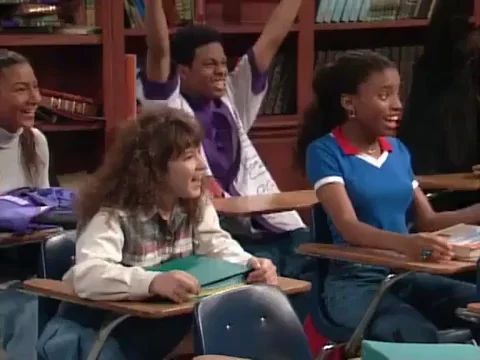
The Importance of Games for Learning
Play-based learning can improve elementary education outcomes. Here are some of the reasons why play is so important in the process of learning:
Playing makes children find meaning,connecting experience and knowledge.
It's joyful and motivates people to apply knowledge in a fun way.
It's engaging for children to use physical, mental, and social skills.
It's dynamic and requires flexible thinking.
It's socially engaging, requiring communication and collaboration.
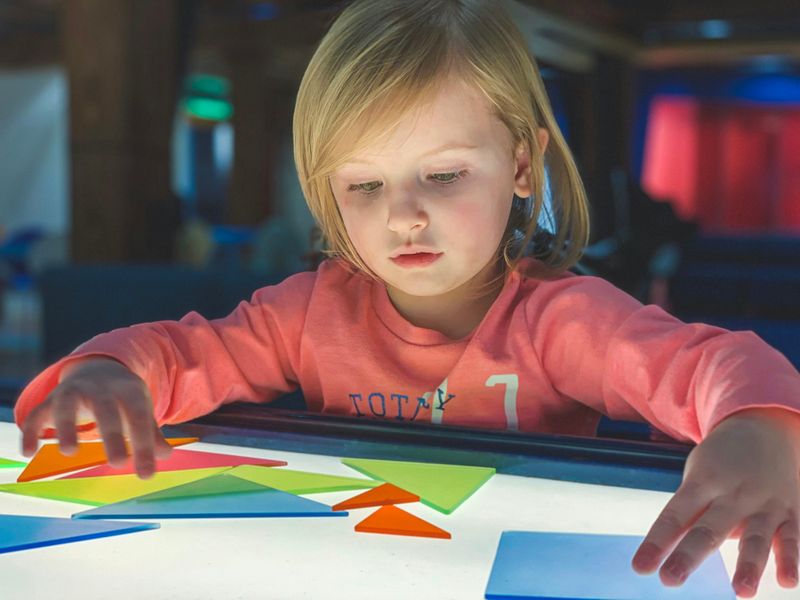 Photo by Tim Bish on Unsplash
Photo by Tim Bish on UnsplashGames are great for practicing critical thinking and problem-solving in a fun environment.
Convinced? Get ready to take your students to the next level!
1: Dice/Playing Cards/Counter Games
Simple items you already have in your classroom, such as dice, playing cards, or countersare all you need for a fun multiplication practice. Here are some quick and easy games:
Race to 100:In turns, students will roll 2 dice and multiply the numbers. They will write the products and tally them. The first one to reach a sum of 100 or more wins. In this game, they practice multiplication facts and addition.
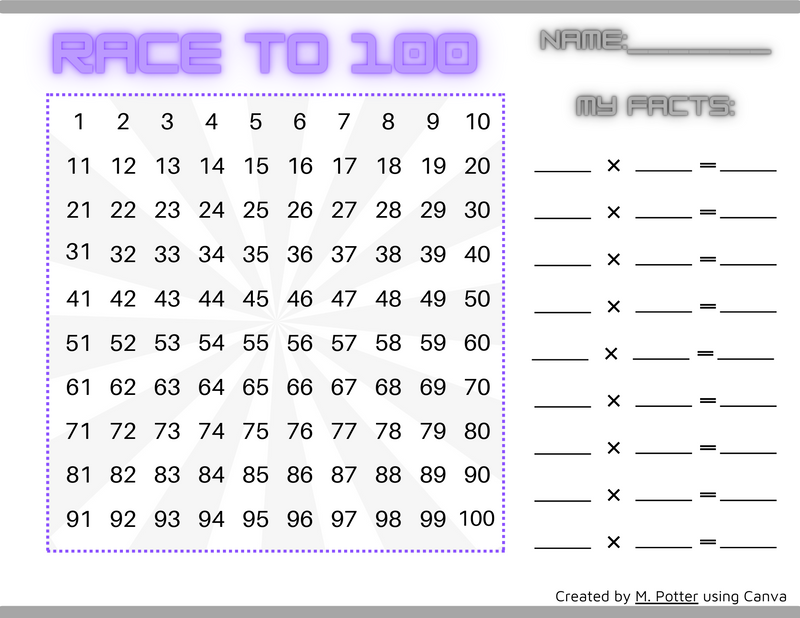
Multiplication Top-It: Players flip over two cards each and multiply them. The player with the highest product wins the cards. Play continues until all cards have been won.
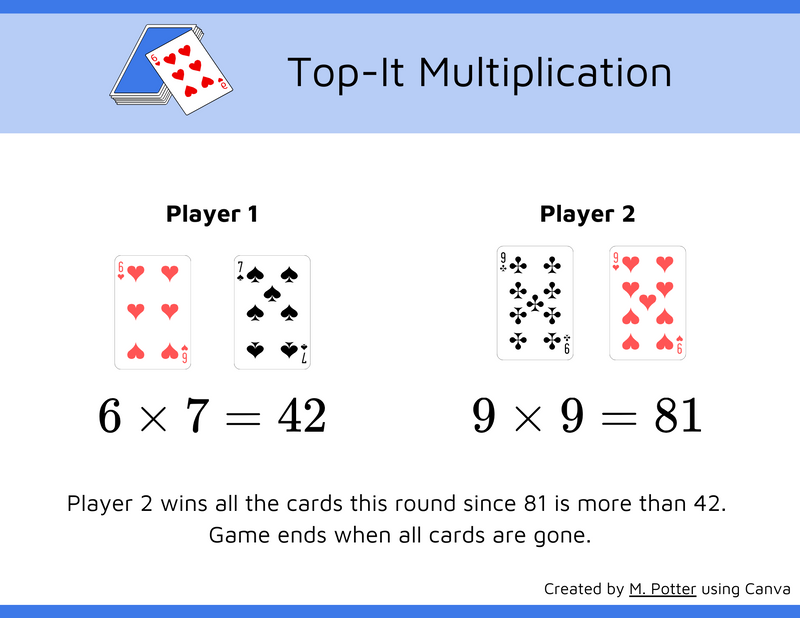
2: Active Play Multiplication Games
Got squirmy kids, always moving? Try active play games for multiplication practice! They engage the whole class and can keep students focused better than worksheets.
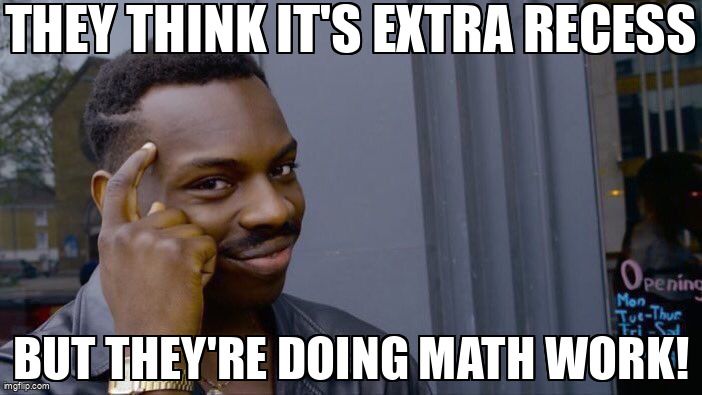
Check out these great games for burning energy while using math skills.
Beach Ball Toss: This game uses a beach ball with several multiplication problems on it. Each time the ball is passed, the students must solve an expression. Play competitively by splitting the class into groups and using multiple beach balls.
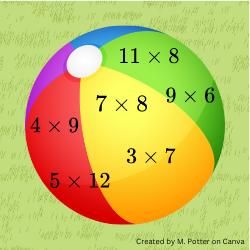
Bean Bag Race: Students race to choose the bean bags with the correct product for a given problem and tag a team member. The team with the most points at the end wins.
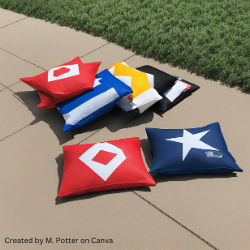
Physical Education Math Integration Games: When in doubt, ask your PE teacher for help. They often have fun ideas that you can adapt to your class, like this one:
3: Use Online Educational Games
Find multiplication games online if the students can access devices. Make sure to check if the games are suitable for your students before they play. Here are some examples:
Individual Games
Use self-paced games to improve individual multiplication skills in interactive ways.
ABCya!: Learning games and apps for K-6.
TimesTables: Games, activities, and fluency tasks for multiplication.
Multiplication.com Free Games: Games, quizzes, and practice exercises for mastery.
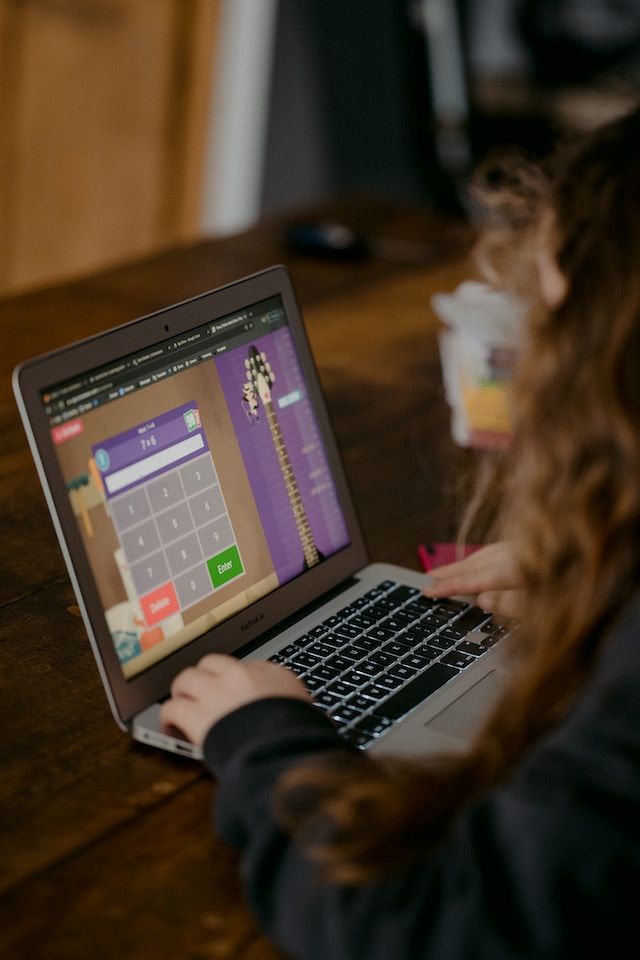
Group Games
Use these games to create interactive experiences where students compete or collaborate:
Kahoot!: Quiz app with several templates and play styles.
Blooket: Answer questions to advance the game and help your team.
Gimkit: Answer questions to earn in-game cash, and get upgrades and power-ups.
Prodigy: Adaptive questions and quests to solve with friends.

It's Quiz Time!
Noah is a 3rd grade teacher. His class is learning multiplication facts, and he can tell they're ready for a break from pencil and paper work.
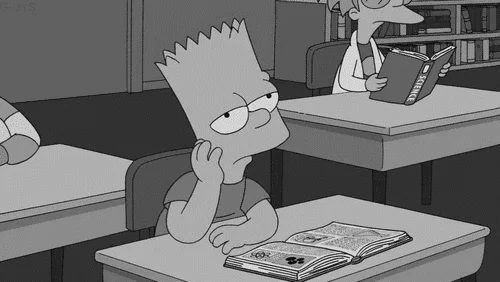
He starts thinking about options for their next lesson:
A. Continue to work on worksheets, consistency is key!
B. Give them homework sheets so they can practice more at home.
C. Create a competition in class using a dice-rolling multiplication game. The winning team gets extra recess.
D. Let students choose a game of their choice to play online.
Quiz
What is the best way for Noah to engage his students?
Take Action
Nice work finding new ways to teach multiplication. Your students will thank you for it!
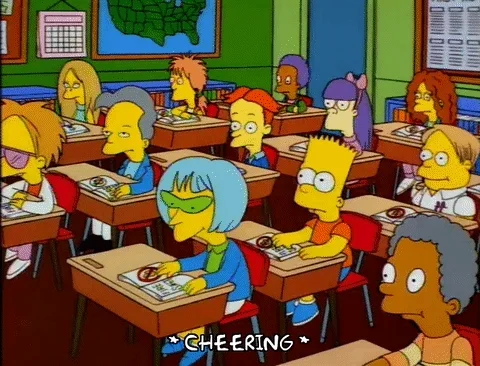 Now it is time to:
Now it is time to:
For more game ideas, visit:
We Are Teacher's 28 Math Card Games for Students To Ace
Newark City Schools' Math Games with a Pair of Dice
Moving Time Academy's Multiplication Games Playlist
Your feedback matters to us.
This Byte helped me better understand the topic.
